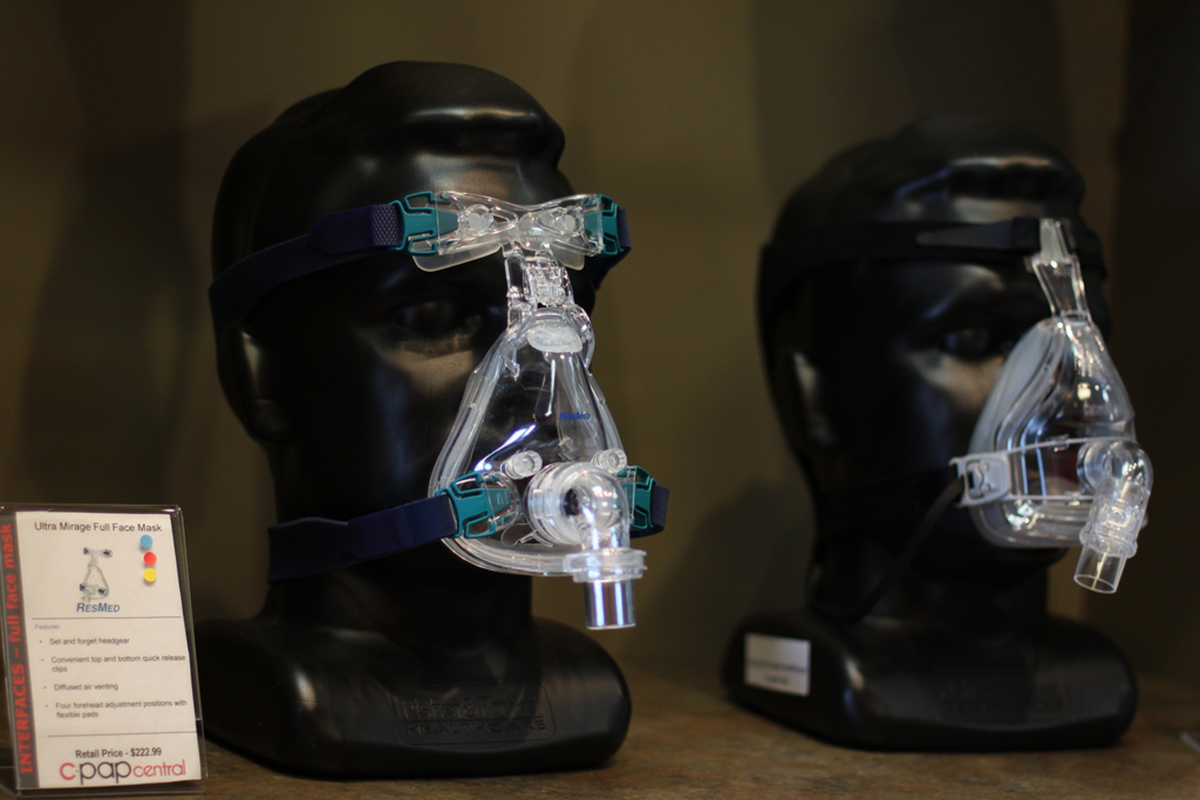Table of Contents
College professor Mikhaila Rister seldom got a good night's sleep.
She often needed to work late into the night grading papers, but sometimes her asthma got the better of her. Then when she tried to lie down for some much needed rest, the sensation of a tight band on her chest from asthma made sleep impossible.

Diagnosed with asthma at the age of 8, Dr. Rister had been using steroid inhalers about as often as the instructions allowed (or occasionally more often) for decades. When her doctor also discovered that she suffered sleep apnea, however, treatment of sleep apnea with a CPAP machine resulted in tremendous remission of her asthma symptoms.
After years and years of suffering asthma, finally there was a drug-free way to control the symptoms of her disease. And thanks to an ongoing clinical trial, soon this method may also be available to asthma sufferers who do not suffer sleep apnea.
CPAP for Asthma
Dr. Mario Castro, professor of medicine and pediatrics at Washington University School of Medicine in St. Louis, Missouri, is leading a clinical trial of the use of CPAP for treating asthma. The way CPAP works, Castro explained to reporters affiliated with the Ivanhoe news service, is by allowing the muscles lining the lungs to relax during sleep.
Muscles are forced to relax as the machine does some of the work of breathing. Originally designed to treat periods of complete breathlessness during sleep known as apnea, CPAP can also give some people with asthma the rest they need to deal with the next day, without the need for medications that have onerous side effects including water retention, loss of immune resistance that leads to more colds and flu, and osteoporosis.
How to Get CPAP for Asthma
Right now, there are only two ways to get a prescription for the CPAP machine that can be used for treatment of asthma as well as sleep apnea. The traditional route, which is covered by most health insurance plans, including all the plans (at least in theory) offered under the Affordable Care Act, is to present the symptoms of sleep apnea, have an overnight sleep study at a center specializing in apnea care, and then a calibration and fitting for the CPAP machine itself (usually done the same night as the study). When not covered by insurance, this procedure typically costs about $2000.
See Also: What Is Asthma?
CPAP is not for everyone. Some people never get over the closed in feeling they have when using the mask, and if the mask is not properly fitted, friction burns can be a problem. The machine has to be carefully cleaned to prevent infections. And not everyone can get a prescription for the machine. However, there are other drug-free methods for reducing the severity of asthma.
- Esquinas AM, Özyılmaz E, Pravinkumar E. Obstructive sleep apnea and asthma: is it just a matter of CPAP. Tuberk Toraks. 2013. 61(3):250-1.
- Photo courtesy of Rachel Tayse by Flickr : www.flickr.com/photos/11921146@N03/6981942677
- Photo courtesy of Ana Maria Dacol by Flickr : www.flickr.com/photos/polentafria/5036263286


Your thoughts on this